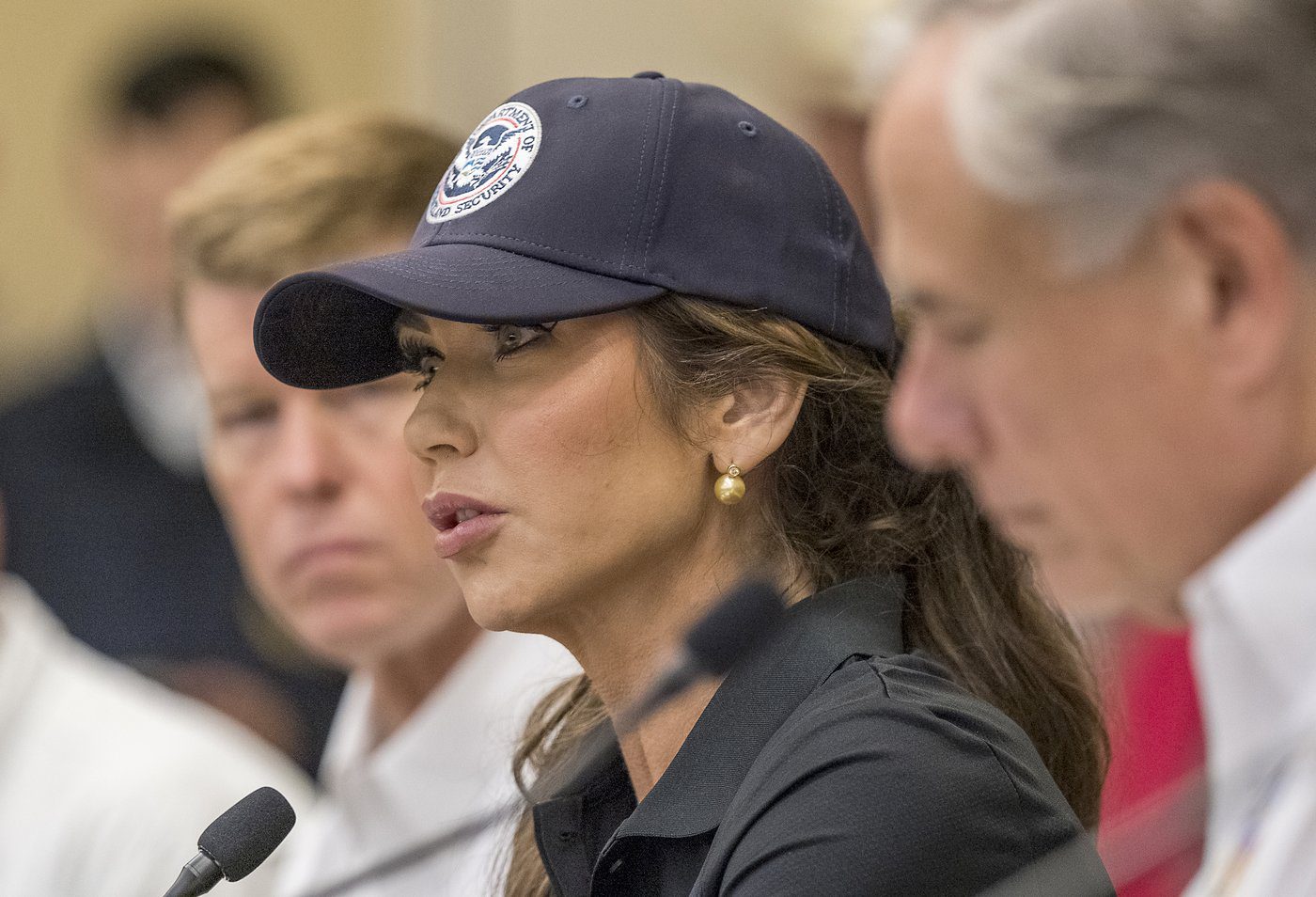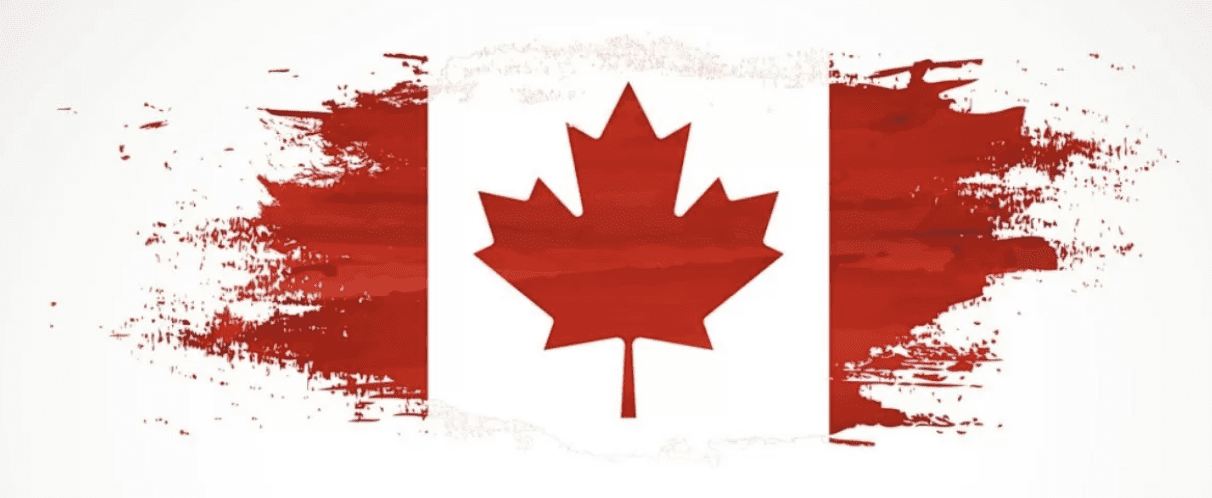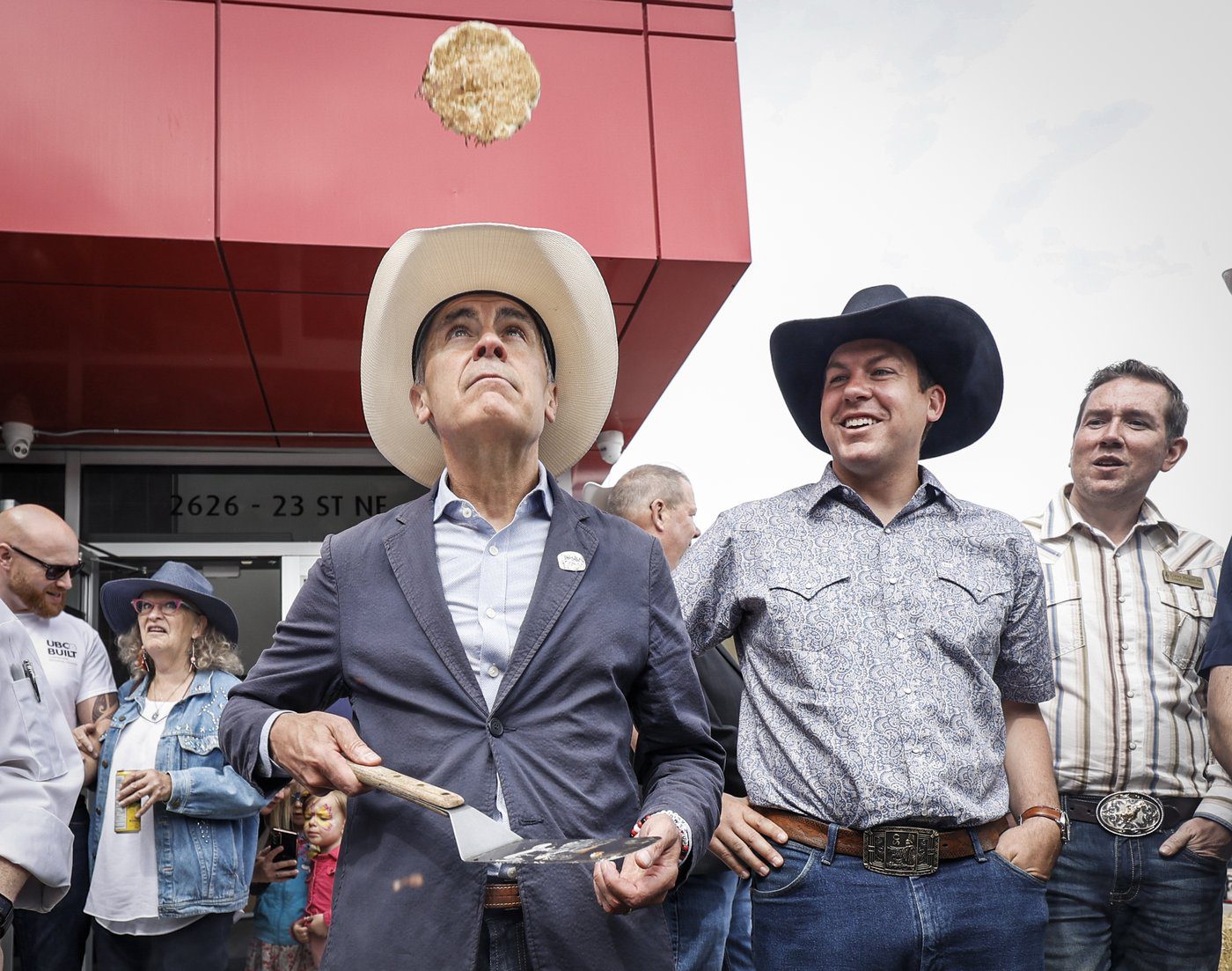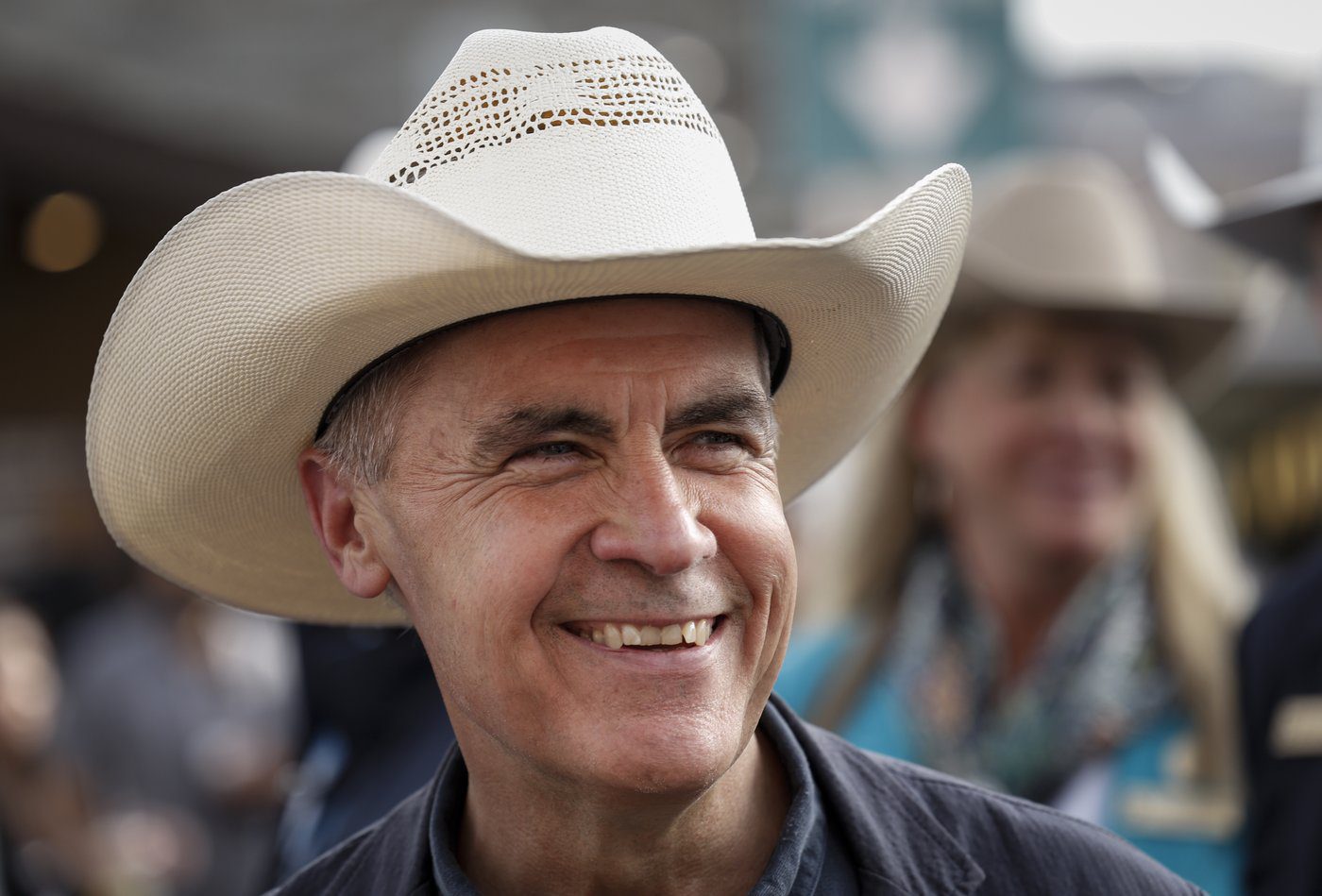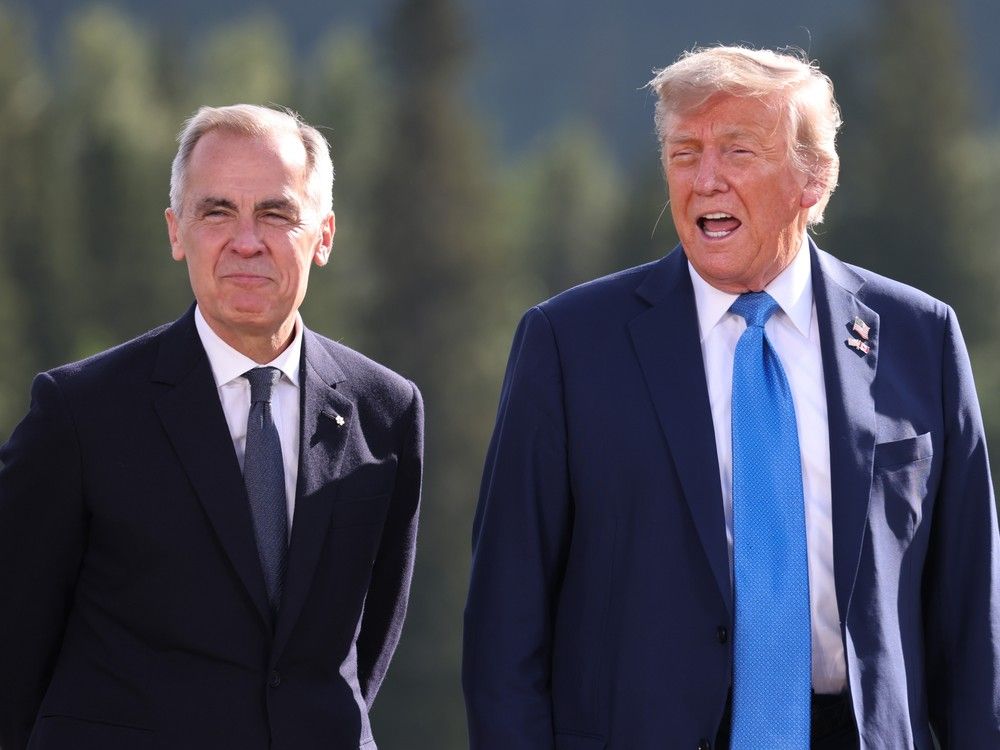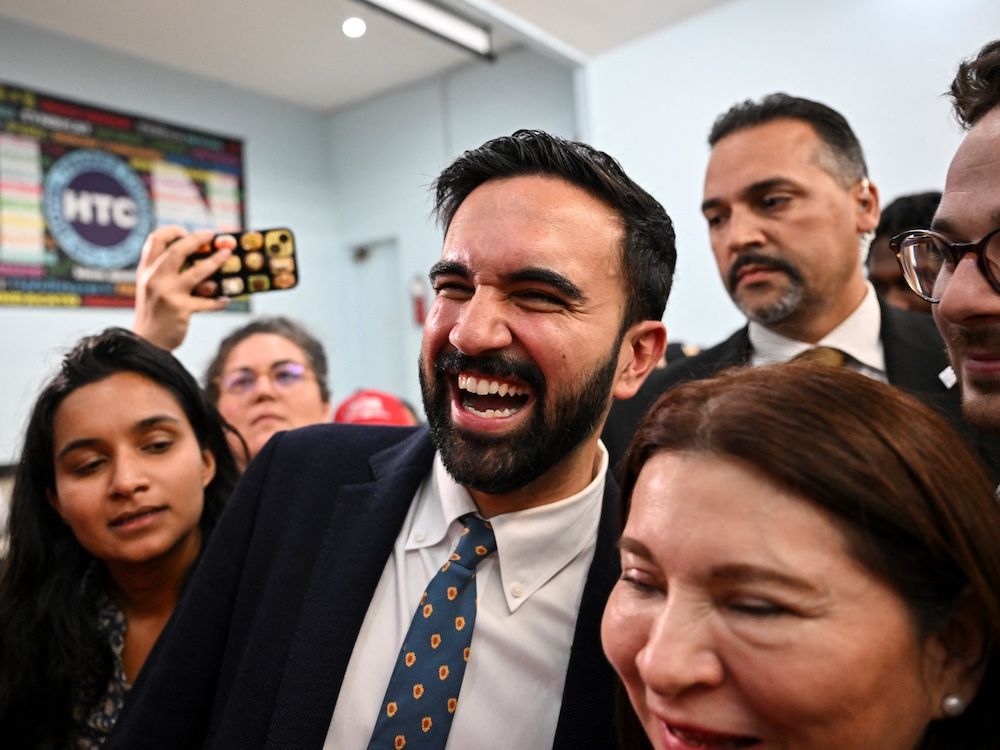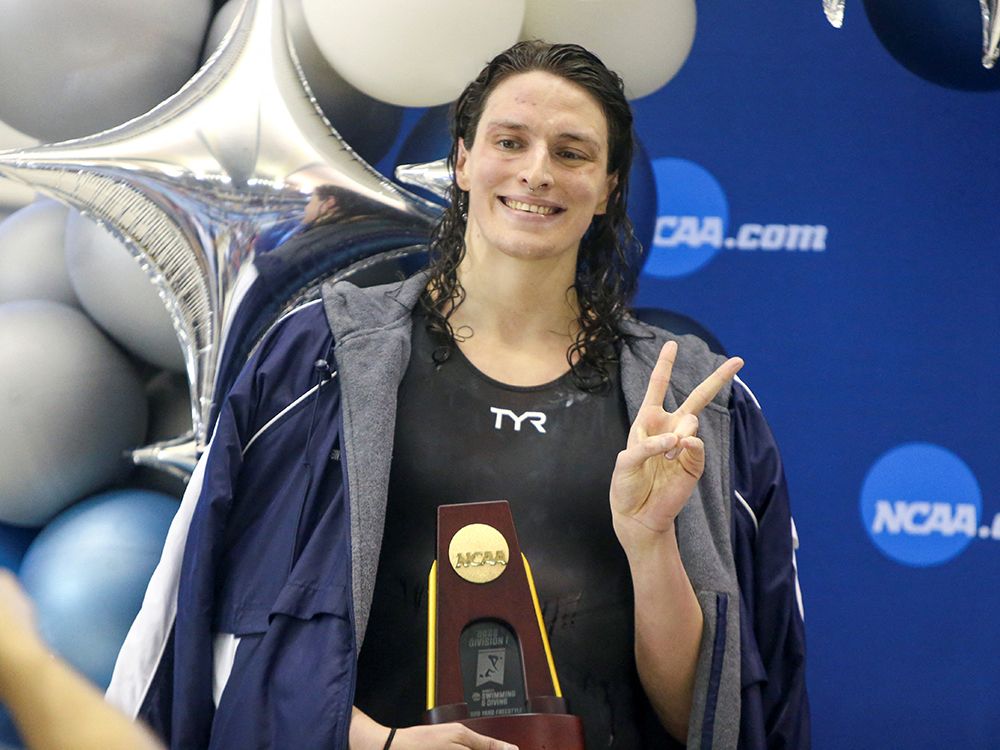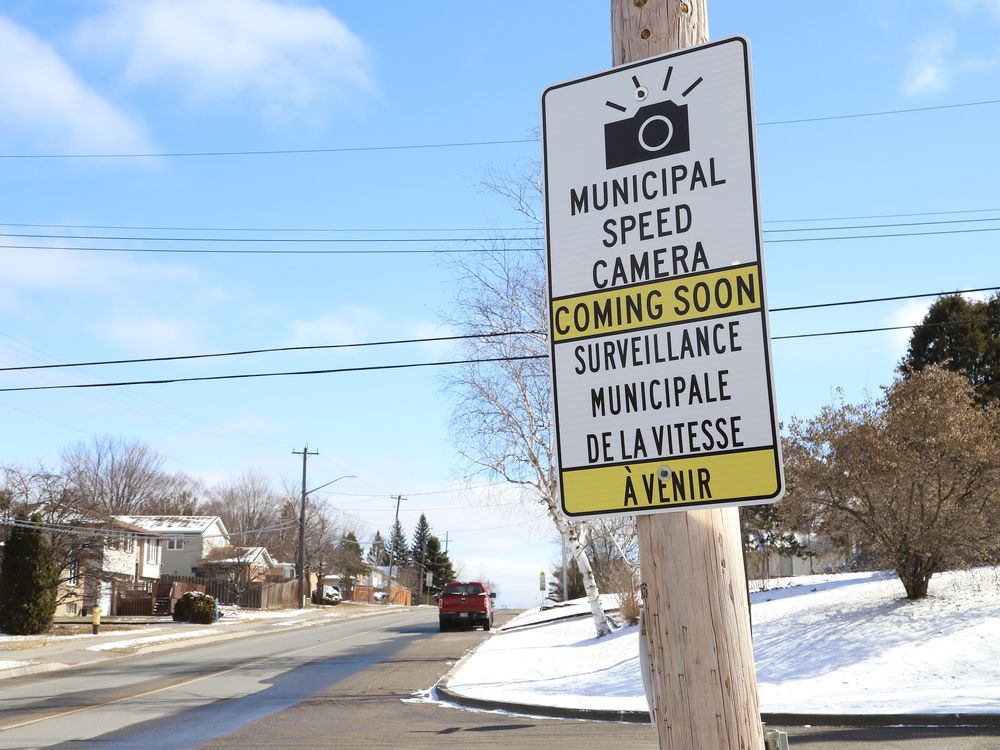
Two officers with a U.S. task force, one of them a special agent with the Drug Enforcement Administration and the other a detective with the New York City Police Department, had flown to the Czech Republic for the anticipated takedown of a man wanted in an extraordinary, politically sensitive murder-for-hire case.
The U.S. officers knew exactly when their target was to arrive in Prague on a flight from India and had given all the details to Czech authorities. International paperwork requesting the arrest and extradition to New York had already been sent for their wanted suspect: Nikhil Gupta, 53, known as Nick.
On the afternoon of the flight’s arrival, the two Americans were told they’d have to wait in a police van parked at Terminal One of Vaclav Havel Airport while the operation went down.
An hour passed before the Czechs returned to the van, escorting Gupta in handcuffs. The Czech’s told the Americans they had waited for Gupta to collect his luggage before arresting him, the DEA agent wrote in his report on the incident, typed 12 days later. Gupta’s arrest, around 6:30 p.m., on June 30, 2023, went smoothly, he wrote.
The agent’s report went on to present a neat and tidy account of the arrest of Gupta on alarming charges that ignited international headlines and diplomatic tensions, most dramatically in the United States, India, and Canada, three countries being drawn into a firestorm.
Gupta stands accused of having a key role in an alleged conspiracy plotted from within an Indian intelligence agency to kill a dual Canadian-American citizen who leads a Sikh organization, as well as other related targets in Canada and the United States.
The murder plot in the U.S. was allegedly underway when Hardeep Singh Nijjar, an outspoken Canadian Sikh separatist, was shot dead outside a temple in Surrey, B.C.; then prime minister Justin Trudeau said “credible allegations” point to the involvement of the Indian government in the hit, setting off a harsh diplomatic dispute between Canada and India. Dozens of diplomats were kicked out of both countries.
The U.S. prosecution of Gupta later alleged that Nijjar was on the list of targets that Gupta was farming out to underworld hitmen.
Nijjar was a close associate of the alleged target in America, Gurpatwant Singh Pannun. Both Nijjar and Pannun have been harsh critics of the Indian government and leaders in the Khalistan movement, seeking to create a separate homeland for Sikhs in India’s Punjab region.
That global backdrop makes this case — and Nikhil Gupta — particularly important and extraordinarily sensitive.
A recent flurry of insider documents rarely seen publicly were filed in federal court in New York, including the DEA agent’s report on Gupta’s arrest that relays a startling confession made by Gupta to the American officers in the back of the Czech police van while driving from the airport after his arrest.
As should be expected in a high-stakes case swirling with global intrigue, spies, and gangland figures, the emerging evidence also presents competing accounts and opposing claims that say the airport arrest, and so much more, are much messier and far sneakier than first declared.
Inside the Czech police van at the Prague airport, DEA Special Agent Mark Franks wrote afterwards in his internal report, he and Jose Sandobal, a New York detective assigned to the joint taskforce, spoke with Gupta as they travelled to a detention facility.
The Americans didn’t have long with Gupta. It was a short drive from the airport to the holding facility, less than 15 minutes, by Franks’ account.
“I want to cooperate. Take me to America and I’ll cooperate right now with you guys,” was the first thing Gupta said to the Americans, according to Sandobal’s account, given much later.
Gupta told them he was travelling in Uzbekistan in 2021 and when he returned to India, he was told he was scheduled for a court appearance for a robbery, according to Franks’ written account.
“Gupta did not understand why, as he was not in the country, but he said this was not unusual as India’s police force is corrupt. Gupta began asking friends to see if they knew anyone who could assist him in clearing his name,” the report says. Gupta then received a phone call from someone named “Amanat” who said he could clear Gupta’s name. The two men met in New Delhi, shortly after, the report says.
“Gupta said Amanat wore a mask, hat, glasses and long sleeve t-shirts.”
Amanat asked Gupta to have someone in New York City killed. If it was a surprising request, Gupta didn’t seem to show it. He told the man he knew someone who could do it, the report alleges he said.
Gupta showed the Americans the contact number for Amanat on his phone and said he knew little else about him. Included in court filings is a photograph, taken inside the police van, of a phone being held open to the contact information screen for “Amanat” showing two numbers.
He said Amanat would probably go into hiding when he hears about Gupta’s arrest.
The agent said they read Gupta his rights as they travelled.
Gupta then wrote his name on the rights advice consent form but before signing it asked to make a phone call. The Americans said they couldn’t authorize that as he wasn’t in U.S. custody. He insisted he would sign only if he could make a phone call. And he didn’t sign it.
“Gupta started very cooperative but later soured; don’t think he liked me,” Sandobal later said in a debrief with U.S. prosecutors, according to a court filing.
According to documents filed in court, there was a text chat group going on after the van ride between Franks, Sandobal, and two Assistant U.S. Attorneys on the prosecution team.
“Is he talking?” prosecutor Camille L. Fletch asked.
“We had limited time,” Franks replied. “He did but he was playing f–k f–k games. We think he will ultimately cooperate. We can fill you in more.”
– – – – –
At the time of Gupta’s arrest, an indictment against him was filed in U.S. federal court in the Southern District of New York. It was sealed by court order and an arrest warrant was secretly issued on June 13, 2023. Then U.S. officials requested assistance from Czech authorities to arrest him.
The Americans knew exactly what Gupta’s travel plans were because they had secretly helped to arrange them in an undercover sting.
Not long before his arrest, Gupta had reached out to a man he thought was a Colombian cocaine supplier, according to unproven allegations in the U.S. indictment and other documents filed in court.
The two men had a past. Since 2016, they had periodically discussed — but never pulled off — various guns and drugs deals. The man he spoke with was an unusually experienced snitch. He has worked as a paid DEA informant for more than 25 years.
During one of their chats in May 2023, Gupta allegedly asked the man if he knew someone who could carry out a hit on a lawyer who lives in New York. Gupta’s belief he was dealing with a professional narco seemed so deep, he gave the man the name of the intended target and told him he could pay $100,000 for the hit, court documents allege.
The snitch, of course, said he would reach out to his contacts in the New York underworld and see. The informant then introduced Gupta to a man who purported to be the Colombian’s New York hitman, but was really an undercover police agent.
Gupta allegedly used WhatsApp, an encrypted messaging app, to arrange for a courier to deliver $15,000 as a retainer for the hitman in Manhattan. The courier and the hitman met in the afternoon on June 9, 2023.
Gupta later added a specific time frame for the job: either shortly before or after the official visit to the United States by India’s prime minister in June 2023.
He also allegedly said this was the first of four hits; he would have more work for the purported killer with more targets, some of whom lived in Canada.
On June 18, 2023, came shocking news from British Columbia: Nijjar had been shot and killed outside a Sikh temple. The Indian-born citizen of Canada had been designated a terrorist by India three years earlier for his support of taking up arms in a fight for a separatist Sikh state.
The next day, Gupta allegedly sent a video clip of the Nijjar killing to the undercover agent and said the victim was one of the intended targets he had previously mentioned.
“This strongly suggests that Gupta and/or persons working with Gupta were responsible for the associate’s murder,” a U.S. letter sent to the Czech government to support Gupta’s extradition says. “Gupta also told the undercover agent that the murder of the intended victim should now be carried out as soon as possible, without regard to collateral consequences such as potential harm to civilian bystanders or any resulting protests or political upheaval.”
On a recording made by the undercover agent, Gupta allegedly said: “Hit the target … no restrictions, no limitations.”
After the victim, Pannun, was killed, Gupta would then give the hitman the next targets, including some in Canada, the U.S. prosecutors allege.
The hitman arranged to meet with Gupta in the Czech Republic to continue the discussions and planning.
– – – – –
The story purportedly told to the American officers in the back of the Czech police van expanded the U.S. investigation and allegations in the probe.
Amanat, said to have recruited Gupta into the plot, was allegedly identified as Vikash Yadav, 39, who U.S. officials describe as a government employee and a senior field officer with India’s foreign intelligence service, called the Research and Analysis Wing.
Last October, U.S. Justice Department officials announced murder-for-hire and money laundering charges against Yadav for directing the foiled assassination plot.
The case is “a grave example of the increase in lethal plotting and other forms of violent transnational repression targeting diaspora communities in the United States,” then U.S. assistant attorney general Matthew Olsen said at the time.
Yadav is accused of providing information on the intended target, including his home addresses, phone numbers, and other identifying information. He also allegedly was involved in arranging the $15,000 advance.
So far, Yadav remains out of reach. He is on the FBI’s Most Wanted list.
Those formal allegations match the alleged confession attributed to Gupta by the DEA agent in his report.
What isn’t in the agents’ reports of Gupta’s arrest in Prague is what Gupta later reported: that he was physically grabbed by half a dozen Czech police as he walked toward an airport exit and forced into a room at the airport, where he was strip searched, questioned, and ordered to unlock his phones, which he did.
His lawyers say Czech police put him in the back of a dark SUV with tinted windows between the two Americans as seven Czech officers piled inside with them. He said the Americans didn’t identify themselves as law enforcement officials and didn’t inform him of his rights, including his right to silence.
Nonetheless, Gupta said through his lawyers in court documents, whatever he said in the van, it wasn’t the incriminating story of being recruited into a murder conspiracy by Amanat.
“At no point during the car ride did Mr. Gupta say anything about having someone in New York City killed,” his lawyers said.
His lawyers claim the ride in the police van was much longer than the 10 to 15 minutes the DEA said it was. Gupta said he heard a Czech officer tell the Americans they would take the “long route” to give them added time.
His lawyers point to time stamps on one of Gupta’s phones — about 75 minutes passed between Gupta giving the password to Czech police and the DEA agent photographing Amanat’s contact information on it in the van.
Lawyers also point to group chat messages between the DEA officers and prosecutors, in which the agent said Gupta was playing “f–k f–k games.”
“That is not the text one would expect from an agent who had allegedly … just obtained an outright confession,” Gupta’s lawyers argue.
About two and a half hours after his arrest, Gupta was formally interrogated by Czech authorities. No Americans were present, Czech officials told Gupta’s Czech defence lawyer.
He wasn’t as talkative as he might have been in the police van. The meeting lasted just 10 minutes, most of which was taken up by him being read his rights with the help of an interpreter.
Gupta told the Czechs he came to Prague for the weekend, “solely for leisure.”
“At present, I have nothing to declare, as I do not even know what charges have been brought against me. Once I am informed of the charges, I will respond to them accordingly,” was his statement which he signed.
At his court hearing the next day, he was provided a Hindi interpreter, although he also speaks English.
After consulting privately with his lawyer, Gupta made a statement to the court: “I consent to extradition to the United States and request that the court allow me to purchase a plane ticket at my own expense so that I may travel to the United States as soon as possible to testify before the court that issued the arrest warrant. I will cooperate with U.S. authorities.” The court rejected his request to go on his own.
He also, according to the minutes of the hearing by Czech authorities asked the Prague court officials to “notify my son in India and my son in Pakistan, as well as the Indian Embassy in Prague, about my placement in pre-trial detention.”
That part in the documents, about him having a son in Pakistan, and elsewhere a reference to him also having a Pakistan passport, grabbed attention in India and Pakistan, two neighbouring countries with strained and often hostile relations. Gupta denied in court appeals that he has Pakistan travel documents.
He also told a court in Prague that he disputed the U.S. allegations.
He said he had no reason to order a murder and didn’t have the money to pay someone $100,000. He also, however, offered a $500,000 surety for his release on bond pending the outcome of his extradition hearing. He said false accusations may have been motivated by jealousy of his success by someone who wanted to ruin his name and reputation.
He then fiercely fought against extradition, appealing repeatedly until his options expired. One of his complaints was that the prosecution against him had political and “semi-military” interests.
He complained of the impromptu interview in the back of the police van by the Americans, alleging they took his photo and photos of his travel documents and accessed his phones without respecting his rights. His lawyer called that “unlawful” conduct. In a Czech high court ruling, it is also said that in one of Gupta’s appeals, he claimed he was “under an obligation, imposed by the Indian intelligence service, not to discuss the matter in any way.” He seemed a man full of contradictions.
Documents speak of him having a global footprint, including a six-month visa for Switzerland, real estate deals in Dubai, travels through Asia and Europe, and trips to Los Angeles and New York.
A court in Prague ordered him extradited to the United States last year and he arrived in New York, where he was taken into U.S. federal custody, in June 2024. He has pleaded not guilty.
It is unusual for this insider information and level of detail in an ongoing criminal case to be available publicly, especially this early in the process.
Lawyers for Gupta in New York, however, have asked the court to suppress some evidence and “unlawfully obtained” statements, and to dismiss one of the three charges, that of money laundering.
In support of that motion, last month they submitted reams of documents into the public court record, including the evidence sent to Czech officials to support the U.S. request for Gupta’s arrest, and more sent to rebut Gupta’s challenges to his extradition.
Gupta’s lawyers say the money laundering charge should not be prosecuted as it was not included in the original indictment presented to Czech authorities when they requested Gupta’s arrest. It was an additional charge included in a superseding indictment sent later. The charge expands the sentencing range Gupta faces from a 10-year maximum to 20 years.
Gupta’s lawyers’ motion also complains that Czech police violated Gupta’s rights by interrogating him and obtaining the passwords for his phones, and then sending the contents of the phones to U.S. authorities. They want any evidence from the phones to be excluded from Gupta’s prosecution.
They also claim the police van interrogation by U.S. officials was an “unconstitutional interrogation” because Gupta was not informed of his rights prior to the questioning. They want any statements he might have made to be excluded from evidence as well.
Those issues are being argued in a New York courtroom.
Lawyers for Gupta and for Pannun did not respond to requests for comment on the case and the allegations. Officials at India’s High Commission in Canada could not be reached for comment prior to publication deadline.
• Email: ahumphreys@postmedia.com | X:



